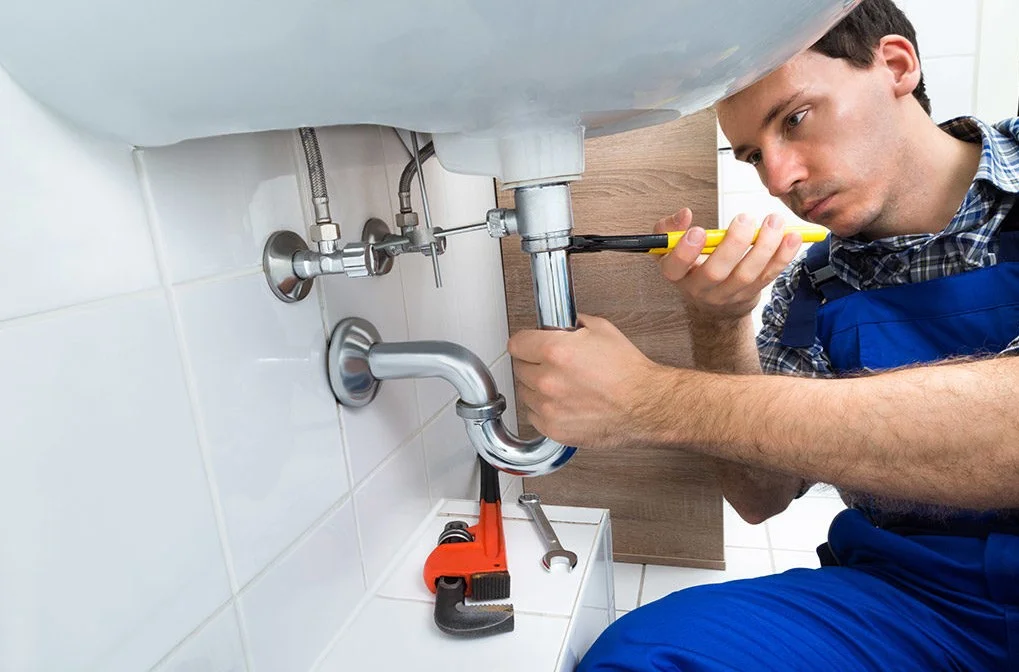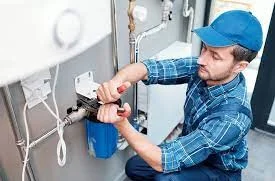
Plumbing contractors are not necessarily equal. Labor costs vary across states, so it is important to check the rates in your area before hiring a plumber. High-cost areas will charge higher labor rates, while low-cost areas will charge lower rates. The best way to find out a plumber’s rate is to get an estimate and ask about emergency services.
Cost Of A 24-Hour Plumber
If you need a plumber immediately, there are several things to consider. Most plumbers will charge a trip fee, which can range from $50 to $300 depending on the distance to the job site and supply house. This fee will help offset the costs of fuel, insurance and car maintenance. Most plumbers will also roll the travel fee into their service fees or hourly rate.
More Expensive than a Normal Plumber
A 24-hour plumber is often more expensive than a normal plumber. In fact, many plumbers charge triple or even more for emergency services. You should always ask what the hourly rate is and how much emergency fees will be before you hire someone.
Cost Of Materials
Cost of materials is a key factor to include in plumbing estimates from local plumbers. A well-written estimate can help you win plumbing jobs. It shows professionalism and adds to your customer’s trust. Plumbers in the United States generally charge between $50 and $150 per hour, but the rate can vary from location to location. Plumbing estimates should also include overhead costs, such as tools, taxes, advertising fees, office rent, and other operational expenses. Lastly, the estimate should include materials and equipment needed to complete the job.
Reputable Plumbing Service
For large jobs, permits are often required. Permit fees vary widely, but are usually included in the estimate. Other plumbing expenses can include the cost of domestic water and sewage piping, code violations, and debris removal. In addition, plumbing estimates should include company details, including their logo, contact information, and a description of the work. To ensure a thorough estimate, use the website of a reputable plumbing service. It’s also important to check the plumber’s license and certification.
Travel Time
The service call fee for plumbers varies widely and usually includes the first hour of work. The trip fee, on the other hand, can be anywhere from $50 to $300 and is additional to the labor charge. The reason for this fee is to offset the cost of traveling to your location from their shop. In addition, most plumbers offer flat fees within a certain radius and additional mileage pricing outside that radius.
Permit Fees
Plumbing permits can be expensive, but you can save money by getting your permits for your projects locally. Some authorities will charge you a flat fee for permits, while others will charge you a percentage of your quote or the cost of the project. If you are unsure of how to get your permits, contact your local council.

Permit Fees for Plumbing Projects
Permit fees for plumbing projects vary by city and state. For a single door or window replacement, the fee may be $50 to $100. However, the price increases if you need to replace multiple units. In some cities, this fee can go up to $250. You may also need to pay a permit to install a new water heater.
Complexity of Job
When deciding on a plumbing company, you may want to look at the plumber’s reputation. A plumber who is friendly and responsive to customers is a good choice. It’s also helpful to check out the plumber’s social media pages to see if they are active in the community.
Determine the Complexity of The Job
Before submitting a plumbing estimate, make sure to determine the complexity of the job. This will help you determine the price. A plumbing estimate should include everything needed to complete the job, including materials, tools, and equipment. Depending on the complexity of the job, plumbers may charge from $45 to $200 per hour.
Provide Free Quotes
If the job is simple, plumbing companies may provide free quotes. If it is complex, plumbers may require an on-site assessment. During the assessment, they can look over your pipes and determine how complicated the job is. This can help prevent you from spending more than you need to.
